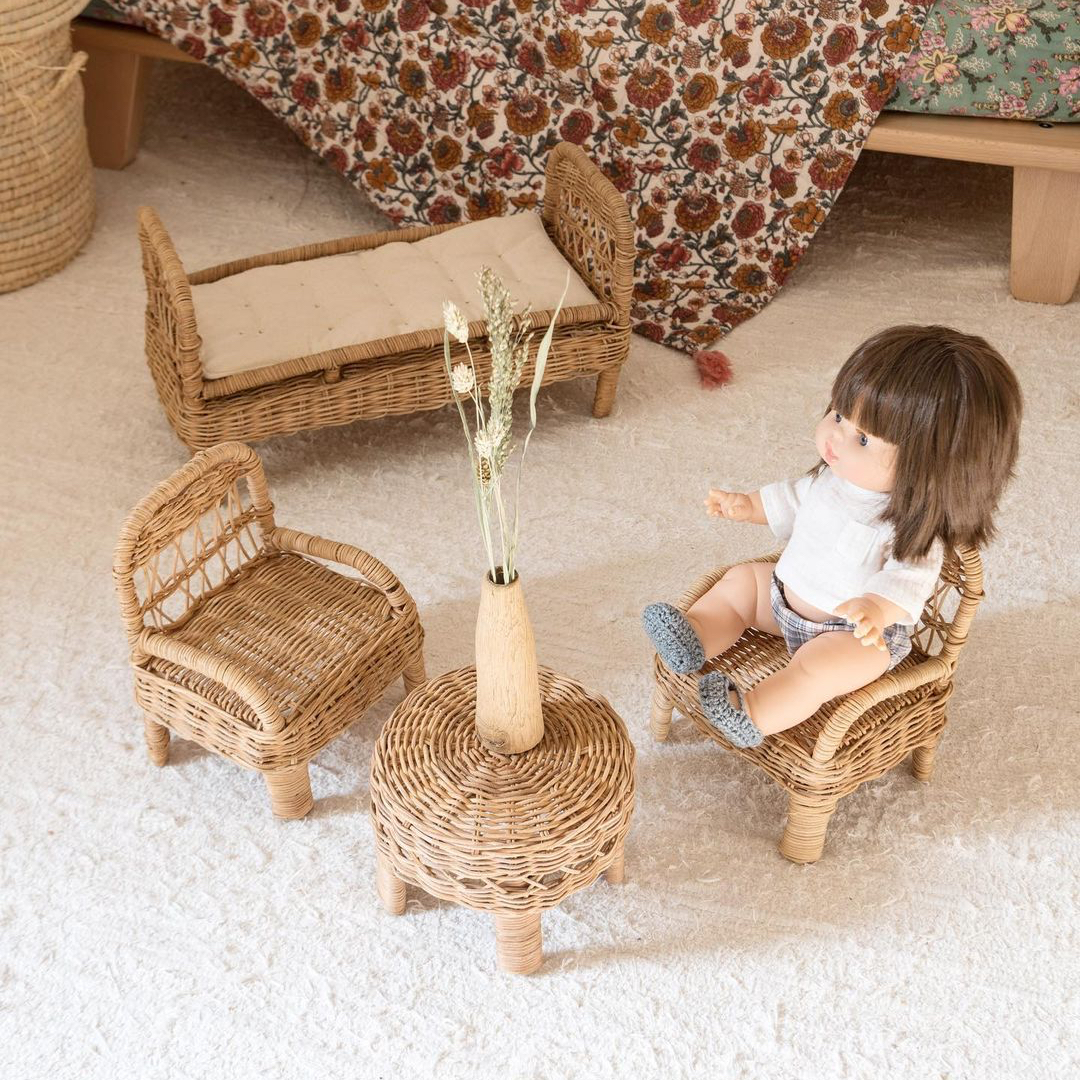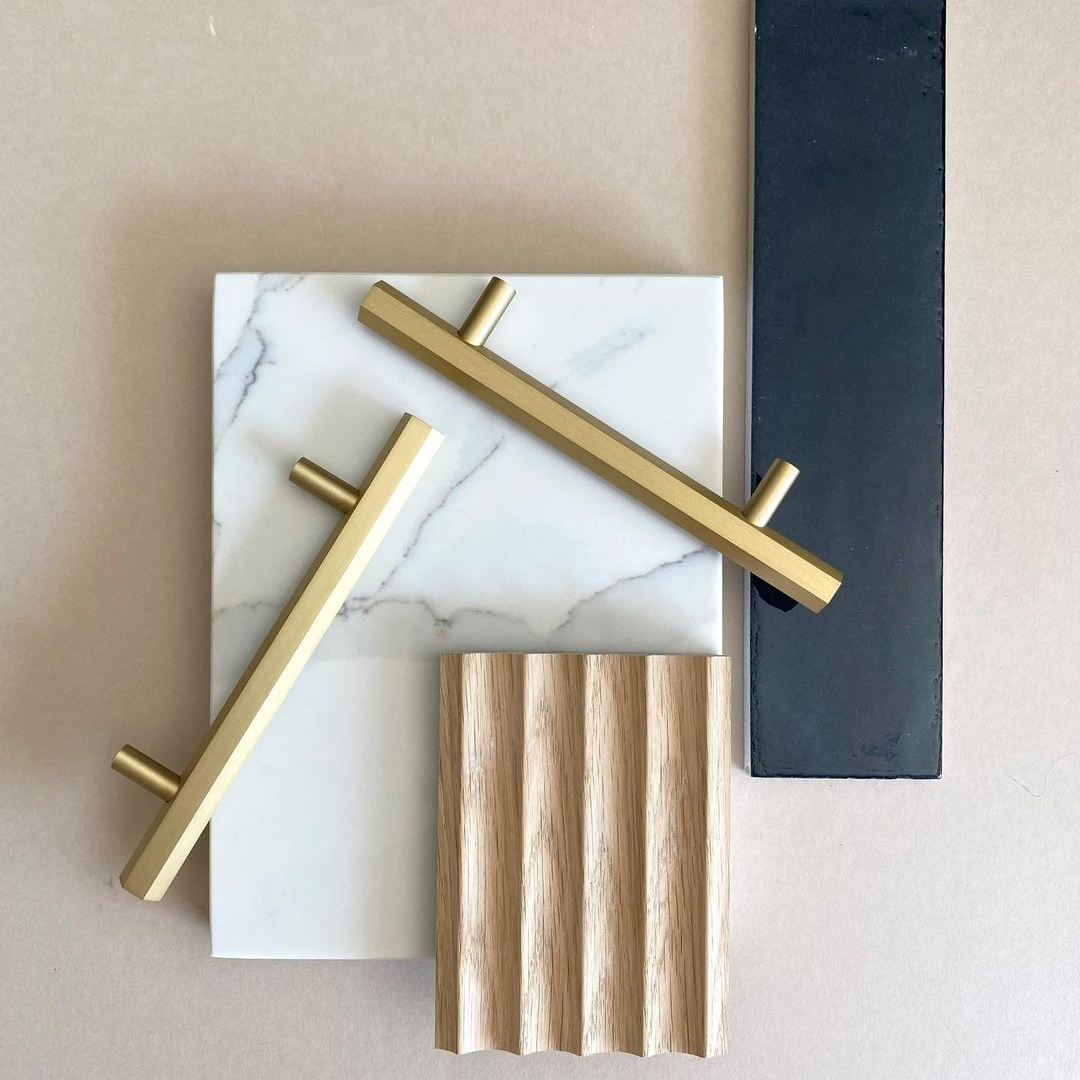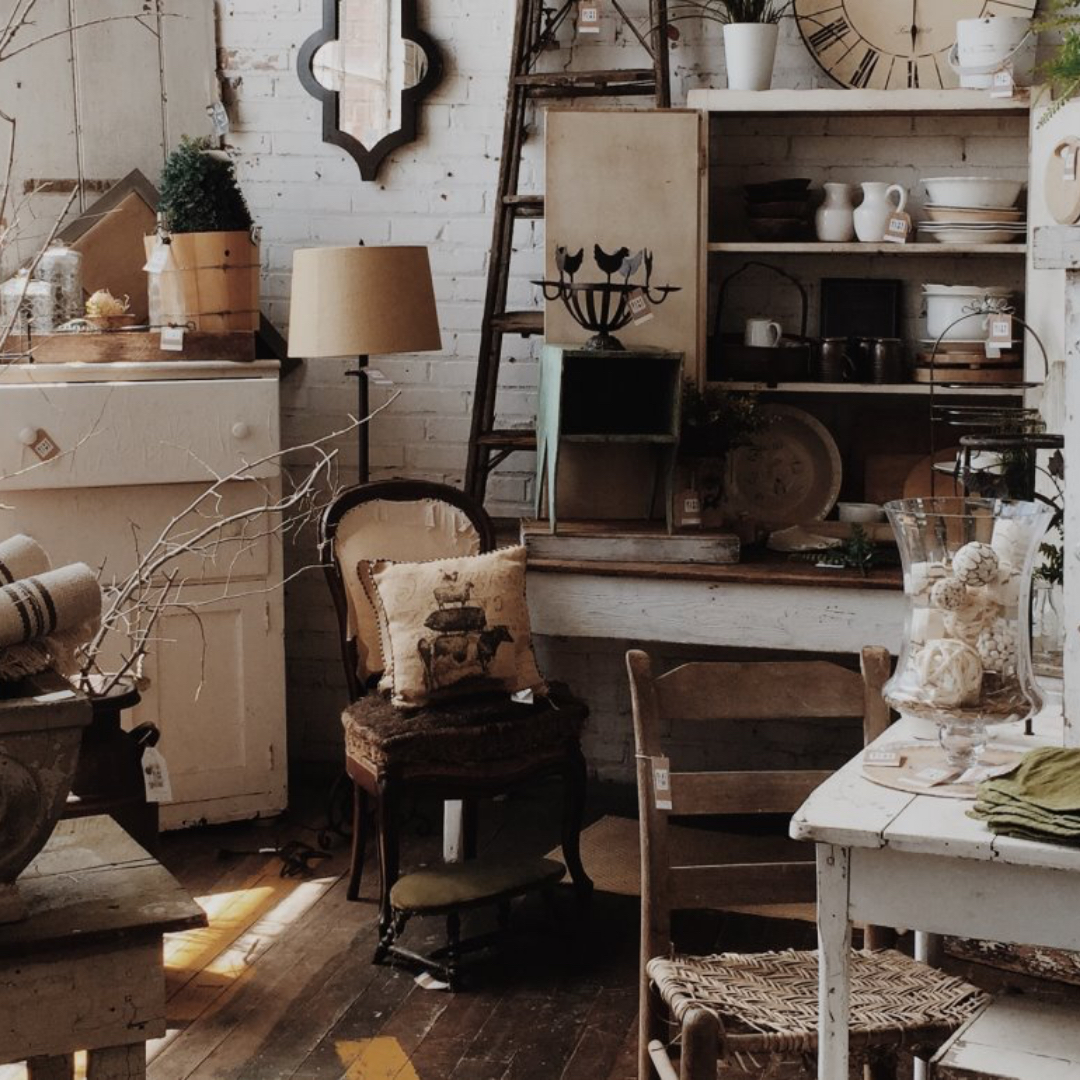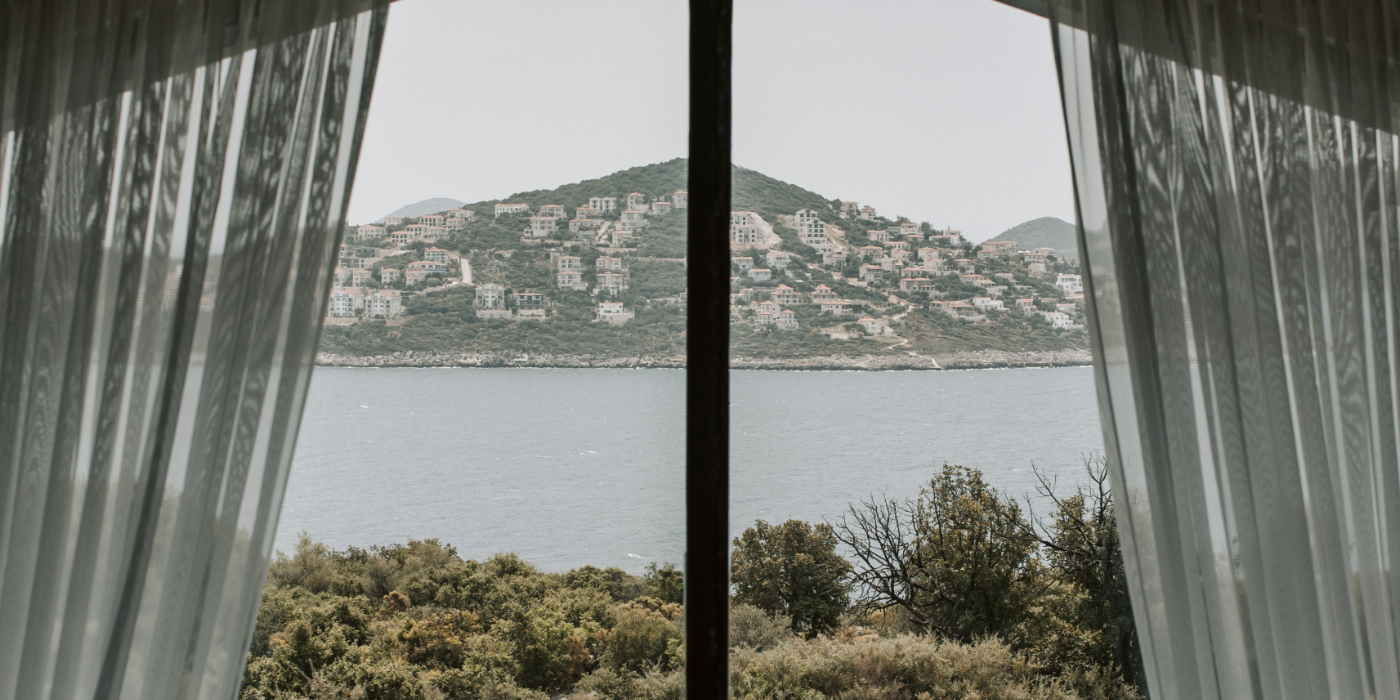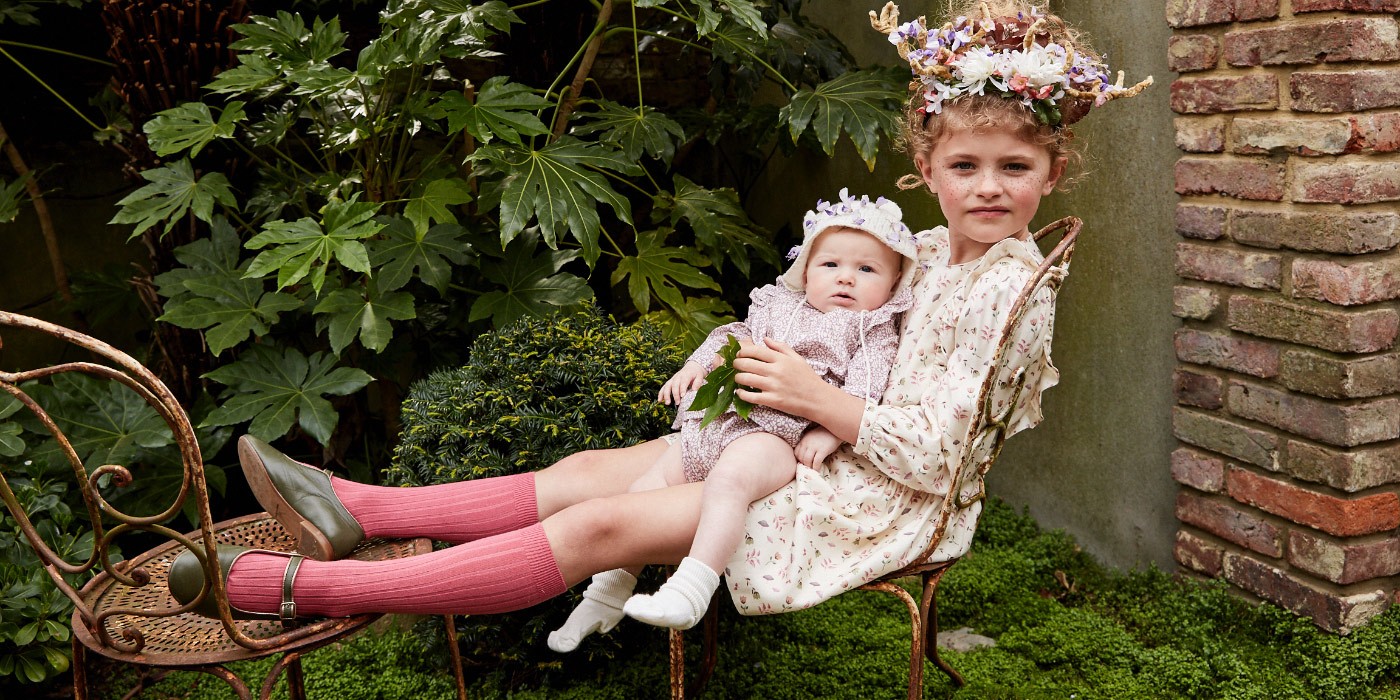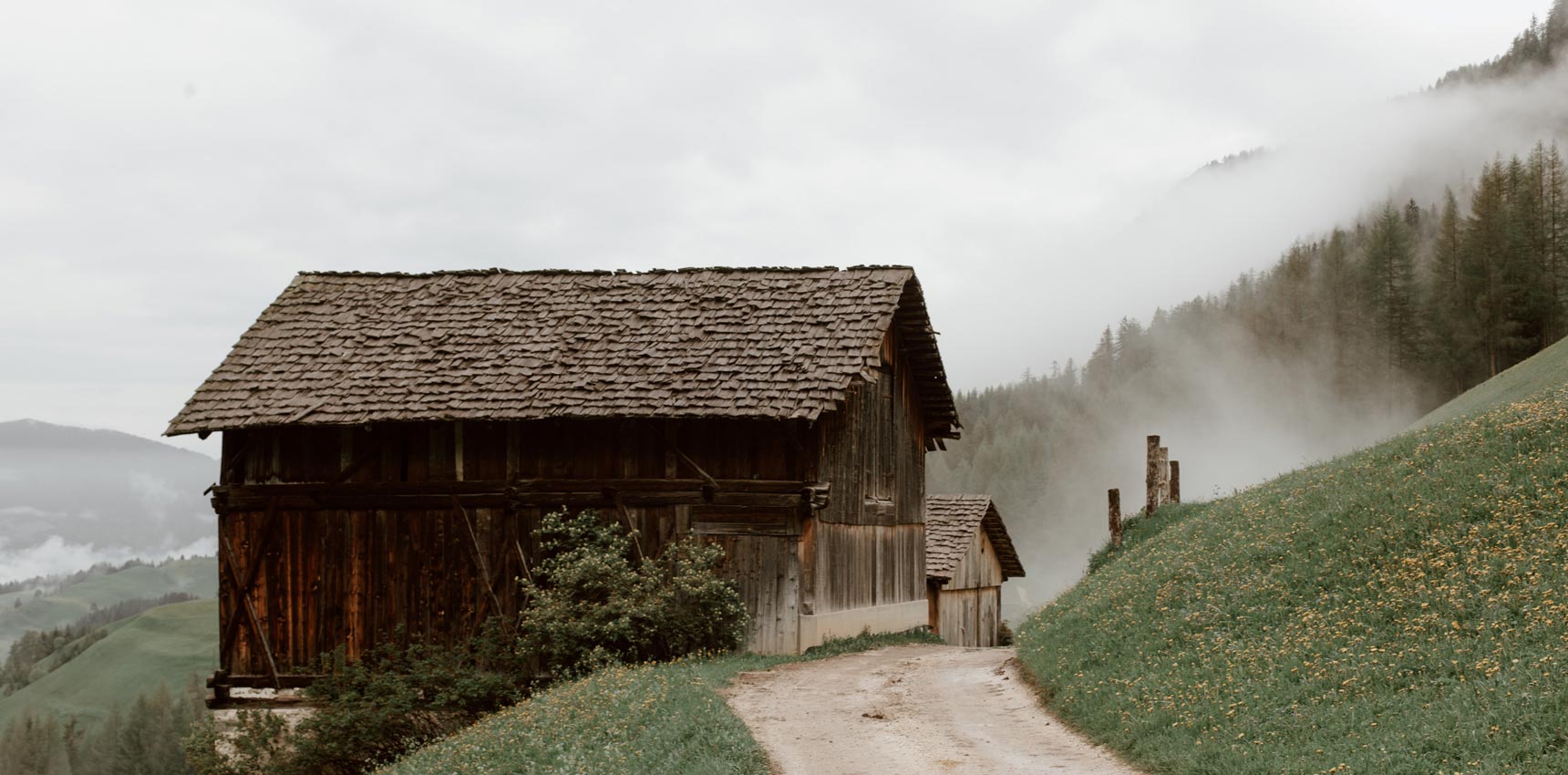Country Now: Why We’re Loving the Rural Aesthetic
Long before the ‘c’ word forced upon us an altered state, the idea of disregarding tfl zones, commuting times, and season ticket prices was merely a dream. Our rural ideals were satisfied courtesy of Soho House and we whiled away the hours weighing up how the deliciously named paint colours from Farrow and Ball could transform the urban and suburban into that well-worn country vibe.

With farmers’ markets on tap, abundant with packaging-free muddy produce, flour-dusted bread, and if you were very lucky, a feather attached to a speckled brown egg you had both entertainment and pleasure rolled into one. The brown paper bags a sign of a good weekend to come, with le Creuset at the ready.

Your sensible self-reminding you that the country was best enjoyed from the city to avoid a hellish commute, shops closing early, a dearth of fibre optic cable, a cultural desert and a good deal of mud, all conveniently reminding you that the fantasy contained a large element of risk. What if all that fresh air was a bit boring and the food was better at the farmers’ market?
Whilst the aforementioned brands have allowed us to indulge ourselves with the fantasy with none of the risk, what happens now that we have road-tested working from home, and companies who previously opposed remote working have completed seamless board meetings and delivered annual reports with no physical proximity to their employees and the fantasy could be reality. What does it mean?
Just as the rural has collided with the urban, the urban has been quietly transplanting itself in the country and you can now opt for urban with a touch of rural, or rural with a touch of urban with brands that will cater for you wherever you choose to be.
Read on ……………..
Blazing a trail in a tiny corner of Somerset is Bruton, the most searched for house hunting postcode during lockdown. This could be why -
Arriving in 2008 Catherine Butler previously co-founder of the Café Med restaurant chain and her partner furniture designer Ahmed Sidki, transformed a rundown Grade II listed chapel into a quite stunning restaurant, wine store, and bakery.
Throughout, the décor is simple; ice-white plaster walls meet scuffed natural floor boards, and a Jesmonite figure, which hints at the crucifix, adorns the south wall. The style is contemporary and unpretentious. The aroma of freshly baked sourdough beckons you in and once inside you would be forgiven for thinking you were in one of the fashionable East London postcodes.

The Chapel draws customers from within the village and far beyond, for not just about food, but there are film nights, book launches, and pop-up retail, although more fundamental is what its presence has done in attracting other forward-thinking businesses. Bruton is proof positive that the country is not what we once might have imagined and amongst a new wave of shopkeepers, restaurateurs, and gallerists.
Previously, we might have been relieved to find a rural village or town still had a pub, a butcher, or a primary school and that was the summit of our ambitions. Bruton is proof positive that the country is not what we once might have imagined. Those locating their shops, restaurants, and galleries here are choosing the location in preference to the City and this, in turn, is acting as a magnet to many who value what they offer in the context of fresh air and a higher quality of life and who are finally deciding to make the move themselves.

